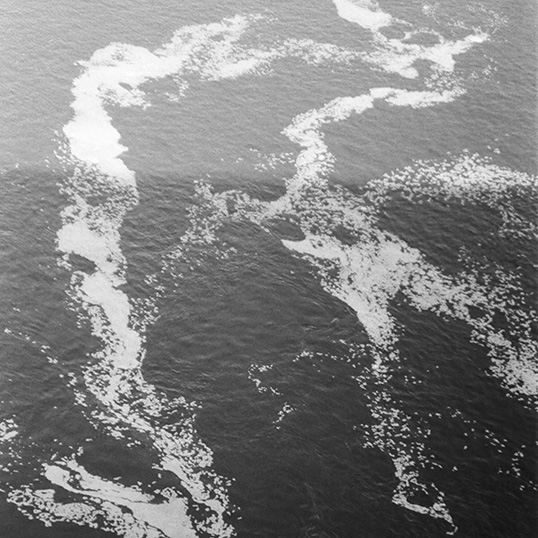I was found lying in the sand when all the bathers had already deserted the beach. Stuck to my nape and back were papers of every color with inscriptions from customs authorities as well as from grand hotels and exotic spas. They wanted to pull the papers off of me, but what came away were pieces of living flesh.
2
Those two stones at Port de Reig, standing upright, scarcely touching, do not represent any Romanesque Virgin, as I believed, nor are they a hideout for pirates, as you believed. The other night I saw them move and project long phosphorescent trails upon the sea. I drew near: they were the two bloody hands of a monster shipwrecked two thousand years ago. At midnight, the fingers possess the transparency of crystal and reflect life at the bottom of the seven seas.
3
They fish for horse’s eyes at the Cova Colomera when the clock strikes midnight. Only at that precise instant can the eyes be opened as you open an oyster. Their pupils float over a liquor so burning that no human lips could ever have approached it. In their depths is reflected the starry sky. Never look straight into them because you will be seized by sadness without end, and a passion for coves where you cannot berth will bind your life to the most mysterious of destinies.
4
A raven’s wings! What are so many barrels of tar doing in this place? A wing detached from Night has spread millions of black feathers over the most deserted sands, where my feet muffle their cry. No, it is Maria-Dolors’s hair.
5
Last night, at the Café de la Marina, the fishermen swore: on the path to Cap de Creus, every Sunday afternoon, two women wearing empire dresses and silver mules walk over the raging waves, their eyes closed, their arms extended toward the North East. Today, which is Sunday, we went there in Eusebi’s boat, oars beating. But on the subdued sea, at the place indicated for the apparition, a light shone so intensely that we too were forced to close our eyes and extend our arms toward the North East. When we opened them, it was pitch dark. Our feet were a weave of scales, and above the deserted horizon rose a star of immense coral.
6
I read: “Fish are created in the image and likeness of God. The fish in paradise want birds. After falling into the black waters of the wells of hell, they are drowned without ever dying. The human face resembles fish. God is fish.”
7
Stretched out on the endless beach, I saw how the raging waves hurled a body identical to mine, in a fossilized state. I sought, in vain, to stand up. Pseudomorphized, my body was a dense fabric of stony snails, antediluvian clams, delicious bleached miniatures of animals that have grown extinct. In the depths of rare interstices, a transparent membrane revealed marvelous underwater landscapes where the signs of the zodiac were floating luminous. Through the dark passageway crossing the rock Teiera, which facing east encloses the horizon, an extraordinary procession of monsters advanced: octopuses with camel feet, giants with horse heads, Herculean hands supported by the thinnest ostrich legs, eyes with phosphorescent corneas between enormous scaly eyelashes. If only the sea, transformed into a single black wave, might cover the entire earth! But the sea, in its transition at dusk, is a vast slab of onyx, whereon stars reflect their flaming red arteries and trace mysterious, inaccessible deltas.
8
The stars in the black night coil their incandescent fibers on the horned heads of the numberless horses that thunder down the beach. A tropical current drives the mad herd to plunge into the sea. At this hour, the sea is a mobile desert of black sand, impossible to tackle, and the horses let their eyes fall upon it amidst the loudest neighing. Darkness submerges the earth, and humans hear the noisy clash of a thousand crystalline bodies.

